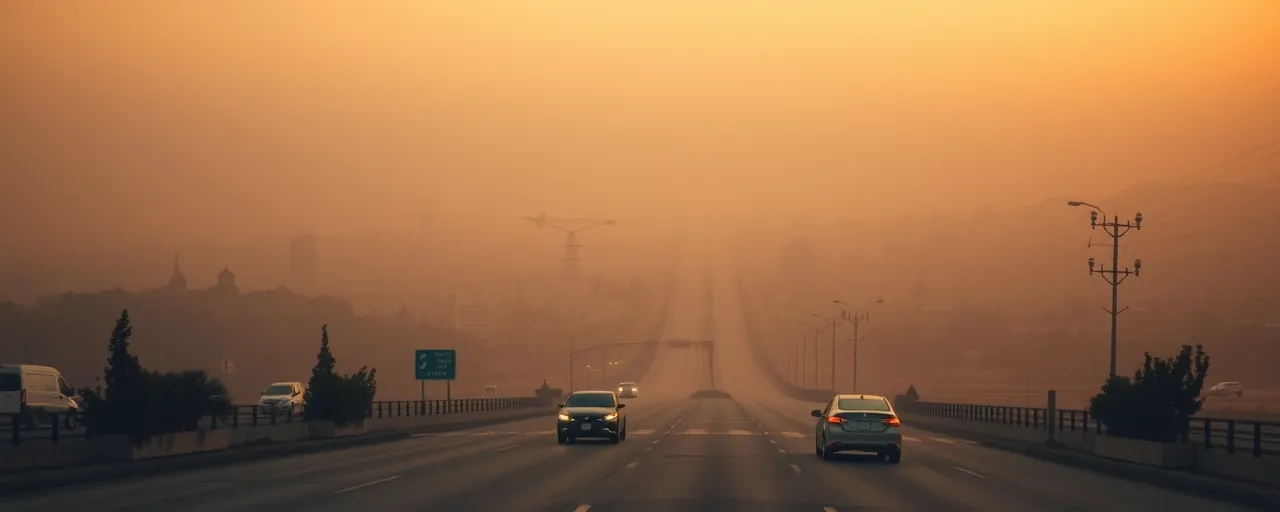A Fight for Our Future
California is drawing a line in the sand. Governor Gavin Newsom and Attorney General Rob Bonta have filed a lawsuit to protect the state’s clean vehicles program from a brazen assault by the Republican-led U.S. Senate. This legal battle carries weight far beyond courtrooms; it’s a struggle for the health of millions, the affordability of driving, and America’s leadership in the global clean energy race.
The Senate’s vote to dismantle California’s Clean Air Act waivers, which allow the state to enforce tough vehicle emissions standards, caught many by surprise. By twisting the Congressional Review Act, Republicans seek to erase decades of progress, risking a return to smog-choked cities and ceding economic ground to China. Why would anyone gamble with our air and our future?
For Californians, the stakes are personal. Ten million residents in the San Joaquin Valley and Los Angeles breathe air so polluted it drives up asthma and heart disease rates. The clean vehicles program, built on standards from the Nixon era, has been a vital shield. This fight is about real people, not just policies.
Defying the Law
The Senate’s move is not just misguided; it’s illegal. Non-partisan authorities, including the Government Accountability Office and the Senate parliamentarian, have confirmed that California’s waivers fall outside the Congressional Review Act’s reach. These waivers, granted over 100 times since 1970, embody a bipartisan commitment to let California address its severe air quality challenges.
Republican senators, spearheaded by leaders like John Thune, dismissed these findings. They argue that California’s standards disrupt national markets and burden automakers. Yet, 17 other states have freely chosen to follow California’s rules, showing their practicality and value. The true aim appears to be political, targeting a state that dares to pioneer climate solutions.
This dispute is about state rights as much as clean air. The Clean Air Act grants California unique authority to protect its citizens, a principle upheld by courts and honored for decades. To strip it away now threatens the balance of state and federal power that has fueled environmental progress.
Lives and Livelihoods at Risk
If the Senate’s rollback prevails, the fallout will be severe. The Environmental Protection Agency projects that vehicle emissions standards will prevent 40,000 premature deaths and millions of lost work days by 2030. In California, abandoning these rules could burden taxpayers with $45 billion in healthcare costs as pollution-related illnesses surge.
The economic case for clean vehicles is equally compelling. Zero-emission cars reduce costs for drivers, with savings on fuel and maintenance. From 2026 to 2040, these regulations are expected to deliver $91 billion in benefits to Californians. Choosing to raise driving costs for families makes no sense when affordable alternatives exist.
Globally, the clean energy race is heating up. Electric vehicle sales are climbing, fueled by China’s lead in manufacturing. The U.S., once a trailblazer in clean tech, risks losing ground. Since the Inflation Reduction Act of 2022, investments in EV and battery plants have created thousands of jobs. Undermining California’s standards would hand China an edge, dimming America’s economic prospects.
Protecting a Proven Legacy
California’s clean air efforts carry a proud history. Ronald Reagan founded the California Air Resources Board, and Richard Nixon enacted the Clean Air Act. These steps, taken across party lines, addressed a state suffocating under smog. Today, California’s greenhouse gas emissions have dropped 20% since 2000, while its economy has soared 78%. This success shows that environmental protection and growth go hand in hand.
Critics claim California’s rules strain automakers and raise consumer costs. History tells a different story. The state’s standards have driven breakthroughs, from cleaner engines to electric batteries, benefiting the nation. Automakers have met these targets time and again, proving their feasibility and sparking innovation.
As California prepares for court, the fight transcends waivers. It’s about whether states can safeguard their people, whether public health outweighs political motives, and whether America will lead the clean energy future. The choice is clear: we stand for clean air, affordability, and a world where our children breathe freely.
